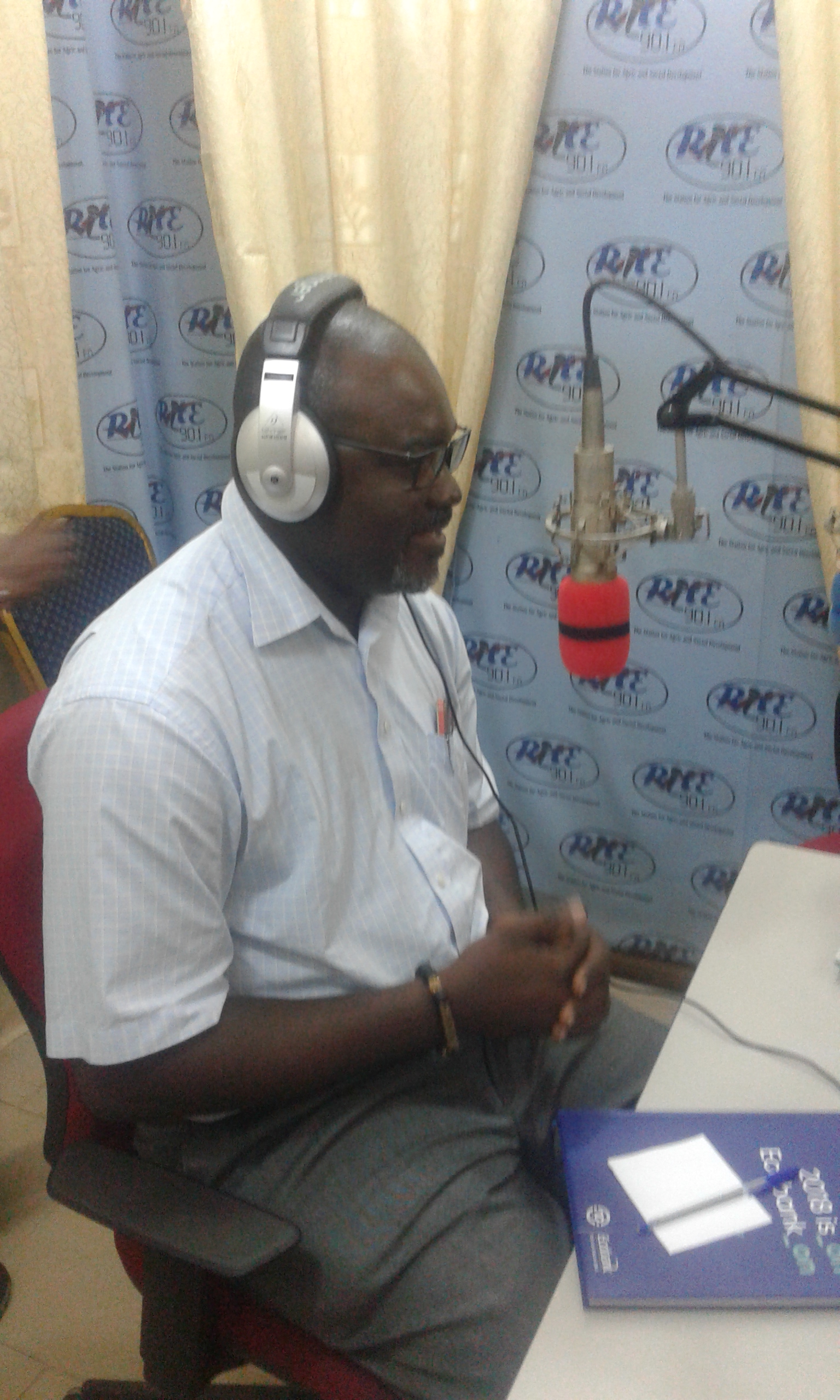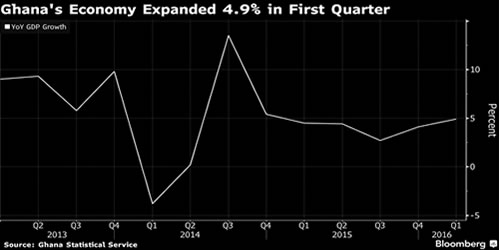Fall Army Worms Still Remain a Threat – Dr. Michael Osae

The invasion of the fall army worms in the country is not over contrary to the temporal relief enjoyed by some farmers in the country. proficient
Manager of the Radiation and Entomology and Pest Management Centre at the Ghana Atomic Energy Commission, GAEC, Dr. Michael Osae is reawakening anxiety experienced by many farmers and stakeholders in the country at the peak of the invasion in 2017.
Dr. Osae who spoke in an interview with the host of Rite FM’s Morning Ride, Captain Adabugar on Monday dismissed claims that the pests had been completely eradicated from Ghanaian farms.
On a rather bleak note, Dr. Osae said Ghana’s temperature provided a conducive environment for the thriving of the pests.
“It is not true that the fall army worms have been defeated in the country. Ghana’s temperature is very good for them and they are still here in all the ten (10) regions across the country,” Dr. Osae said.
The Manager of the Radiation and Entomology and Pest Management Centre at the Ghana Atomic Energy Commission said though there was currently no known specific chemical to control the pests, the government has nevertheless recommended some chemicals to manage the situation.
He described the pests as “a voracious feeder that eats a lot,” attacking about eighty (80) different crop types including cereals though maize remains their ‘favorite.’
Dr. Osae however lamented about the lack of adequate funds to conduct proper research into the activities of the pests to combat them.
“Conducting research to come up with recommendations on combating the worms is very expensive and that is why the Radiation and Entomology and Pest Management Centre and the Ghana Atomic Energy Commission is finding it difficult to find a lasting solutions to the problem,” Dr. Osae explained.
He however added that the institution is currently engaging research institutions, schools and government to come up with appropriate chemicals capable of controlling the worms that are responsible for the destruction of maize plantations in the country.
The farmers, he said, must continue to manage the situation by using recommended chemicals accordingly and also constantly scout their farms to look out for signs of the fall army worms from the onset.
The pests if discovered can be combated through hand picking in the case of smallholder farmers while large scale commercial farmers can spray affected farms by following strictly prescriptions.
Source; Prince Paul Amuzu/www.ritefmonline.org/princeamuzu667@gmail.com





